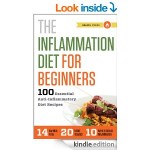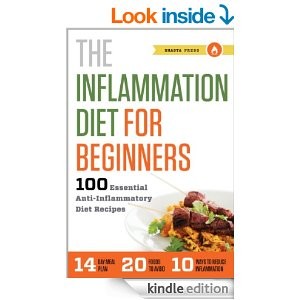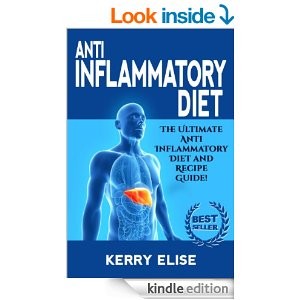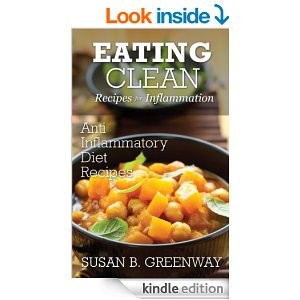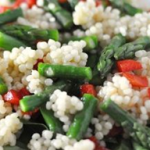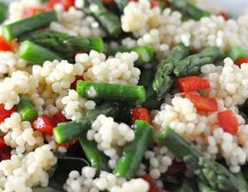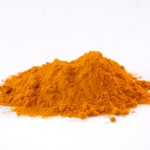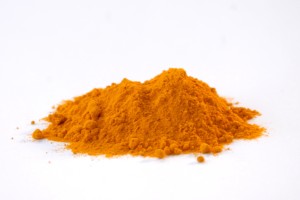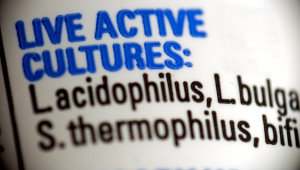 If wheat gluten is a food that you need to avoid to reduce inflammation naturally, then this wheat and gluten free recipe may be a welcome treat for you. Sometimes you just want a comfort food to start your day or to eat as a snack.
If wheat gluten is a food that you need to avoid to reduce inflammation naturally, then this wheat and gluten free recipe may be a welcome treat for you. Sometimes you just want a comfort food to start your day or to eat as a snack.
This recipe does require eggs (look for substitutes if that is an issue for you), but it completely avoids using wheat flour.
The secret ingredient is yams or sweet potatoes. Great taste and texture!
Applesauce Bread – Flourless
Ingredients:
1 1/2 cup almond butter
2 eggs
1 1/2cups mashed yams or sweet potatoes
2 tablespoons maple syrup or honey or equivalent agave syrup
1/4 cup unsweetened organic applesauce
1 1/2 teaspoon baking soda
1/4 teaspoon cinnamon
1/4 cup dark chocolate chips
Directions:
- Preheat oven to 325 degrees F.
- Combine all ingredients in food processor, mixing until smooth.
- Pour batter into greased pan (size 13 by 9 inches).
- If tolerated, add some pecan or walnut pieces over the top.
- Bake for 40-45 minutes
- Test with toothpick in center – if it comes out clean, it is done.
- Cool before eating.

